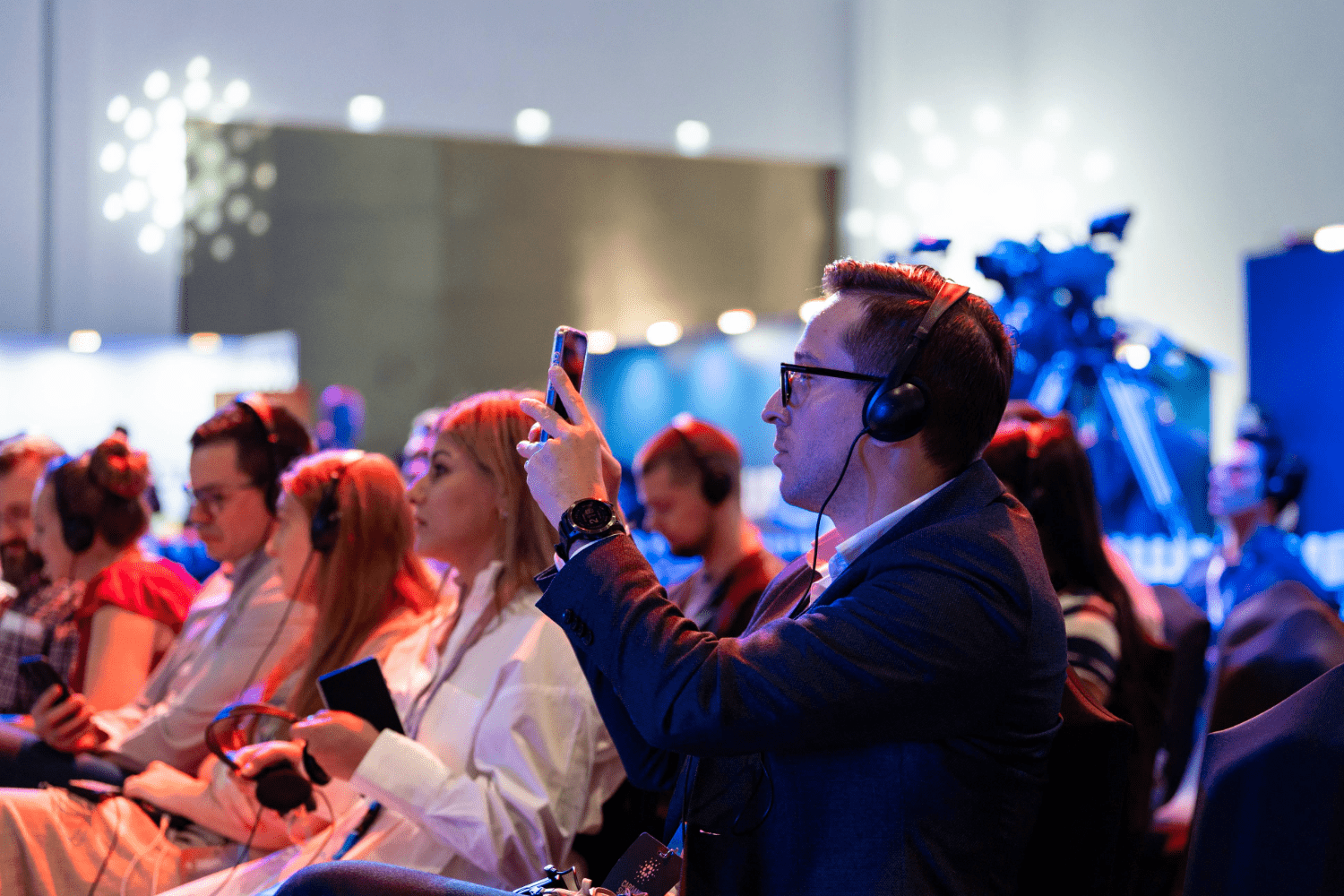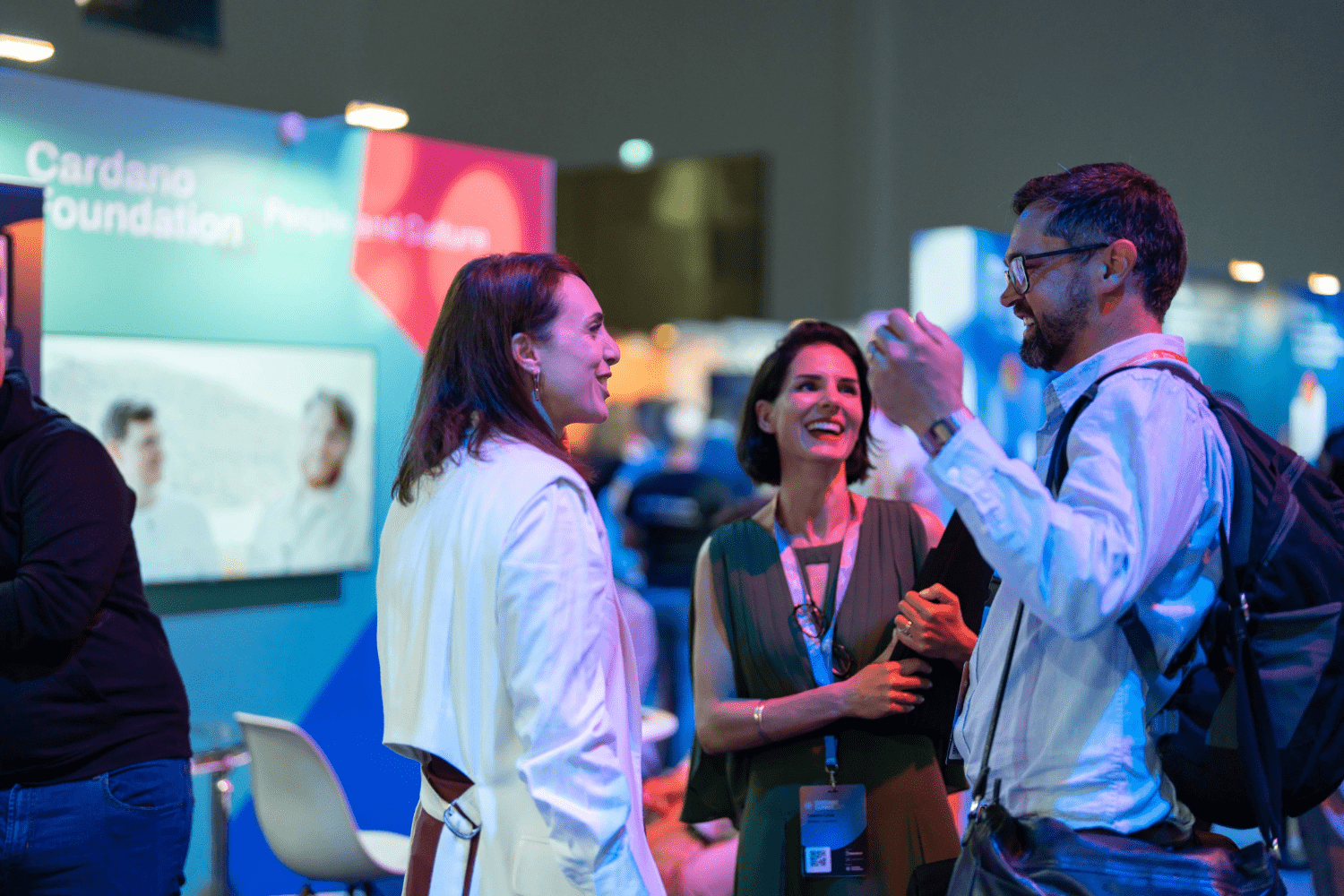 Back to News Room
Back to News Room
News

The rise of generational lenses: creating events that resonate across ages
Using wide-scale campaigns and activities to appeal to specific individuals en mass is at the heart of targeted and event marketing strategies. By creating experiences that feel tailored to the attendees in the room, people will leave with a human connection to your brand, forged through authentic and personalised event experiences.
In order to apply this attendee-focused approach to their strategies and event experiences, generational and age-group based data is one of the resources marketers can use to get a deeper understanding of their audiences.
But how can brands capitalise on the kind of truly personalised, human connections that come from understanding an individual, rather than just a wider demographic?
How can you target your event marketing strategies to create live event experiences that appeal to people, not just generalisations?
This can be achieved by applying a generational lens to your event design process.
Generational Lenses: Understanding the Why behind the What
The social, historical and economic forces that affect each generation are widely studied, with phenomena such as Generational Cohort Theory explaining how shared historical events and even birth years can influence the psychological and sociological characteristics of each generation. But what we are still grappling to understand is how this drives their thoughts, feelings and emotions.
Brands need to recognise and bridge these gaps that exist both within generations, and across generations, in order to foster cross-generational understanding and create live events that facilitate meaningful, human connections.
The Benefits of a Generational Framework
Using a generational framework for a brand event strategy brings a scalable approach, and can be an effective way for brands to align themselves with broader event trends. Not only is this conducive to drilling down into more specific attendee details, such as roles or interests, it also increases efficiency of marketing strategies, without sacrificing personalisation. By bringing a wide-lens approach to generation based marketing strategies from the start, brands can save time and resources when creating audience engagement strategies and content, specifically designed with greater audience relevance in mind.
Harnessing generation-based data
For marketers, it’s about more than just boxing people into stereotypes, but instead using these data-driven foundations to pick out shared motivations, needs, and wants, using these to foster event experiences that truly resonate. But in order to do this, brands need that rich data. They need those intelligence-led insights into what their audiences are interested in, and most importantly, why.
Creating connections within and across generations
To really bring people together through the power of events, marketers need to look beyond their stereotypes and create live events where multiple generations can find common ground, and experiences that they can share and connect over and that change their lives. In doing so, brands can create lasting relationships that span generations and are driven by a shared purpose.
Generational lenses aren’t shortcuts but rather a way to build audience engagement and develop meaningful events with a bigger picture in mind.
To discover the emerging behavioural signals across different generations in 2025, join our mailing list and be the first to access exclusive content. We'll be sharing data-driven insights and resources to help your brand build meaningful connections with your audience.




